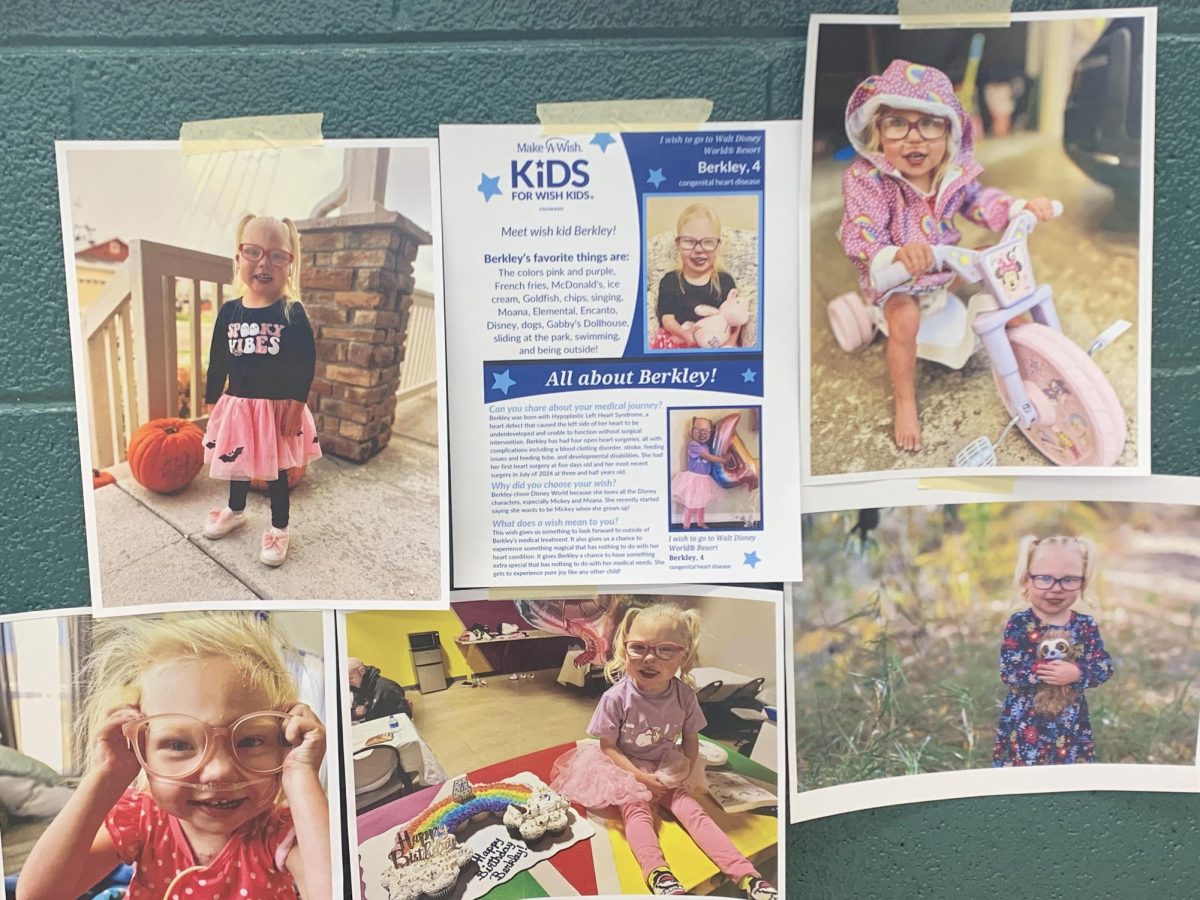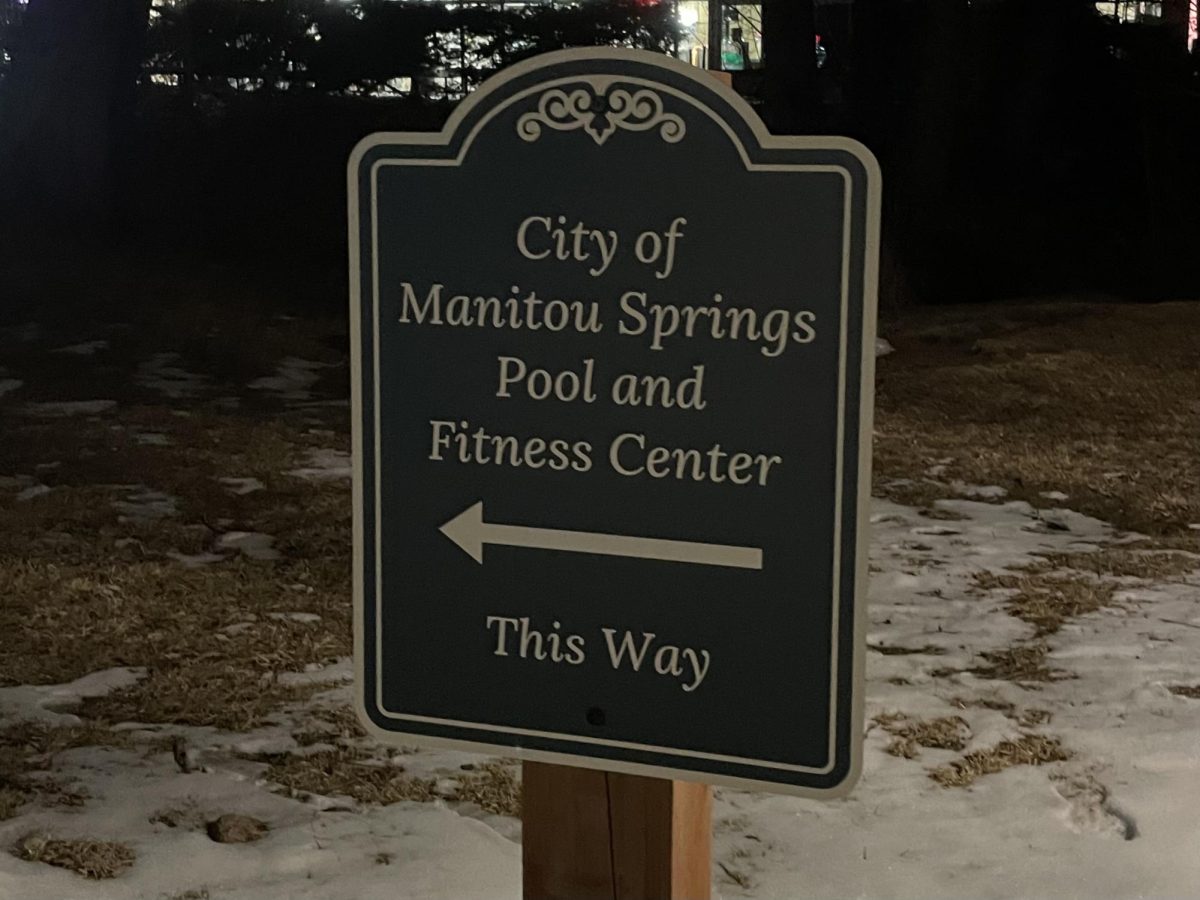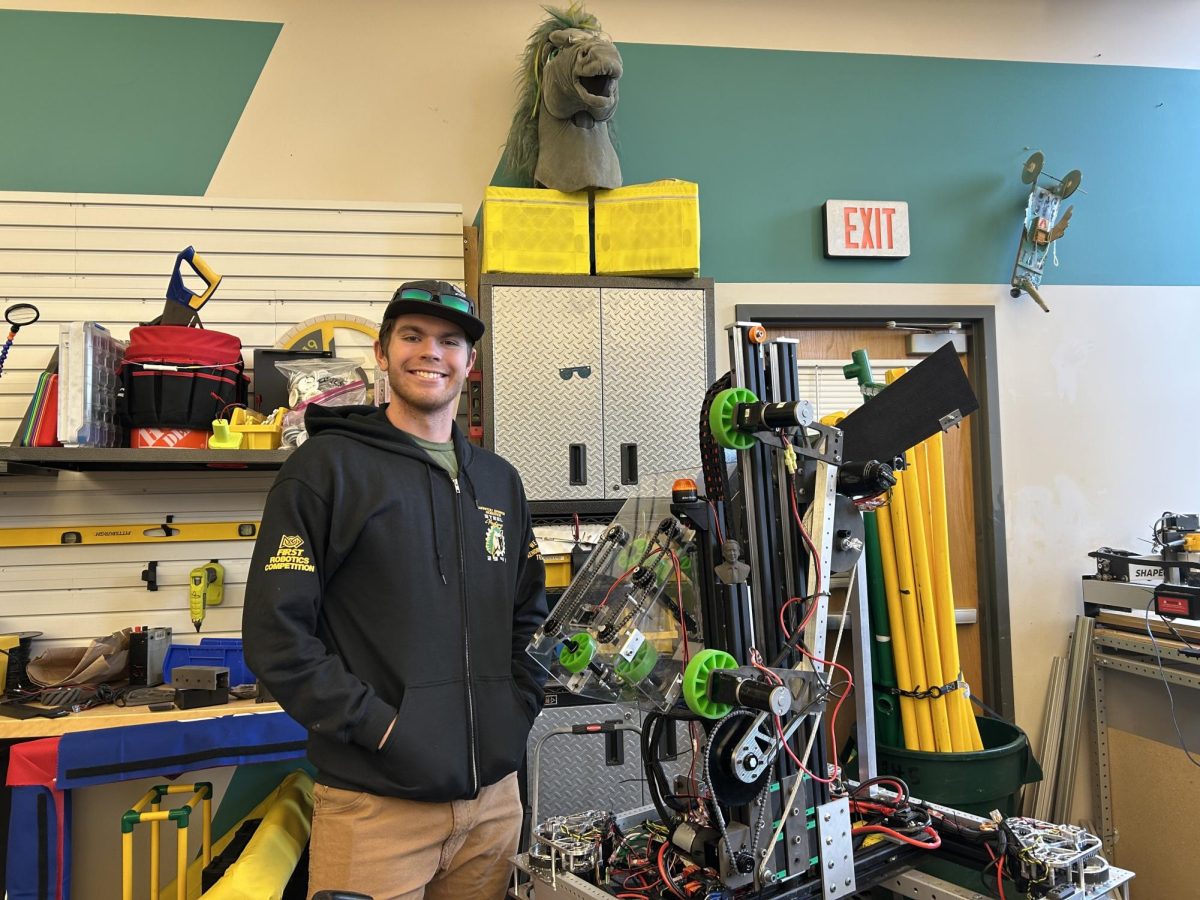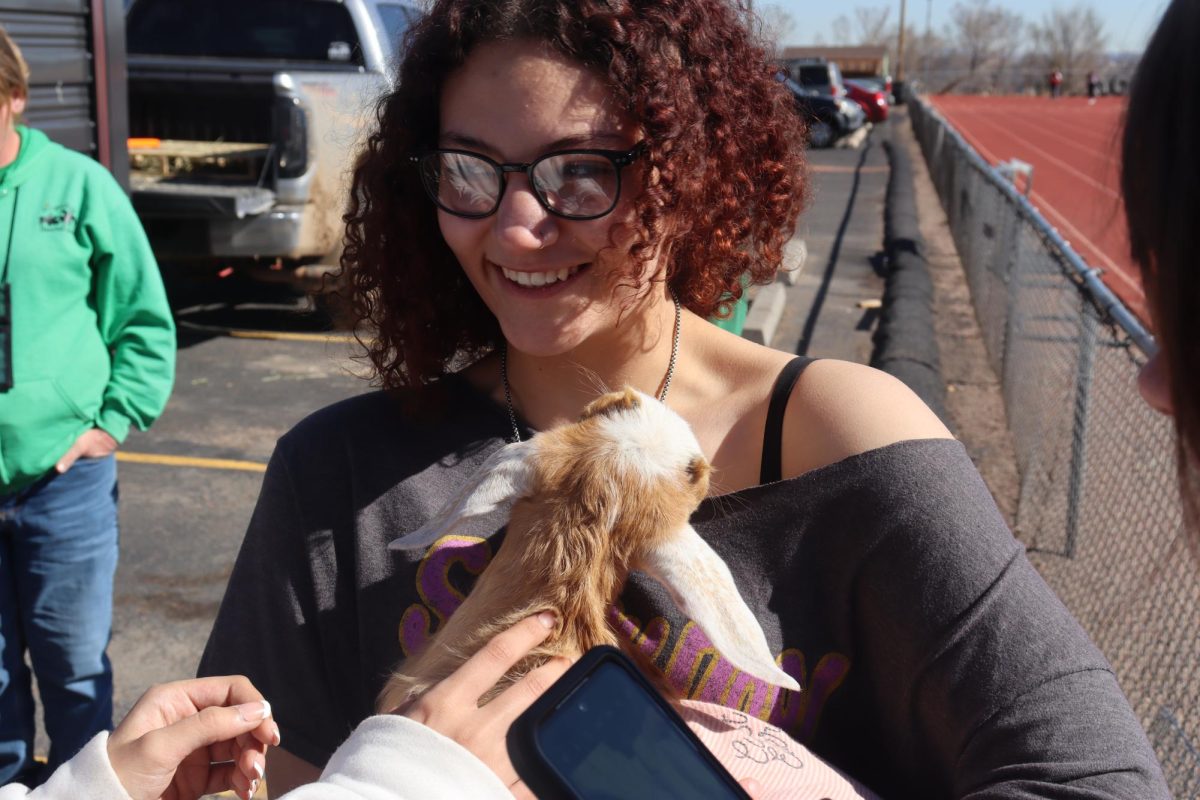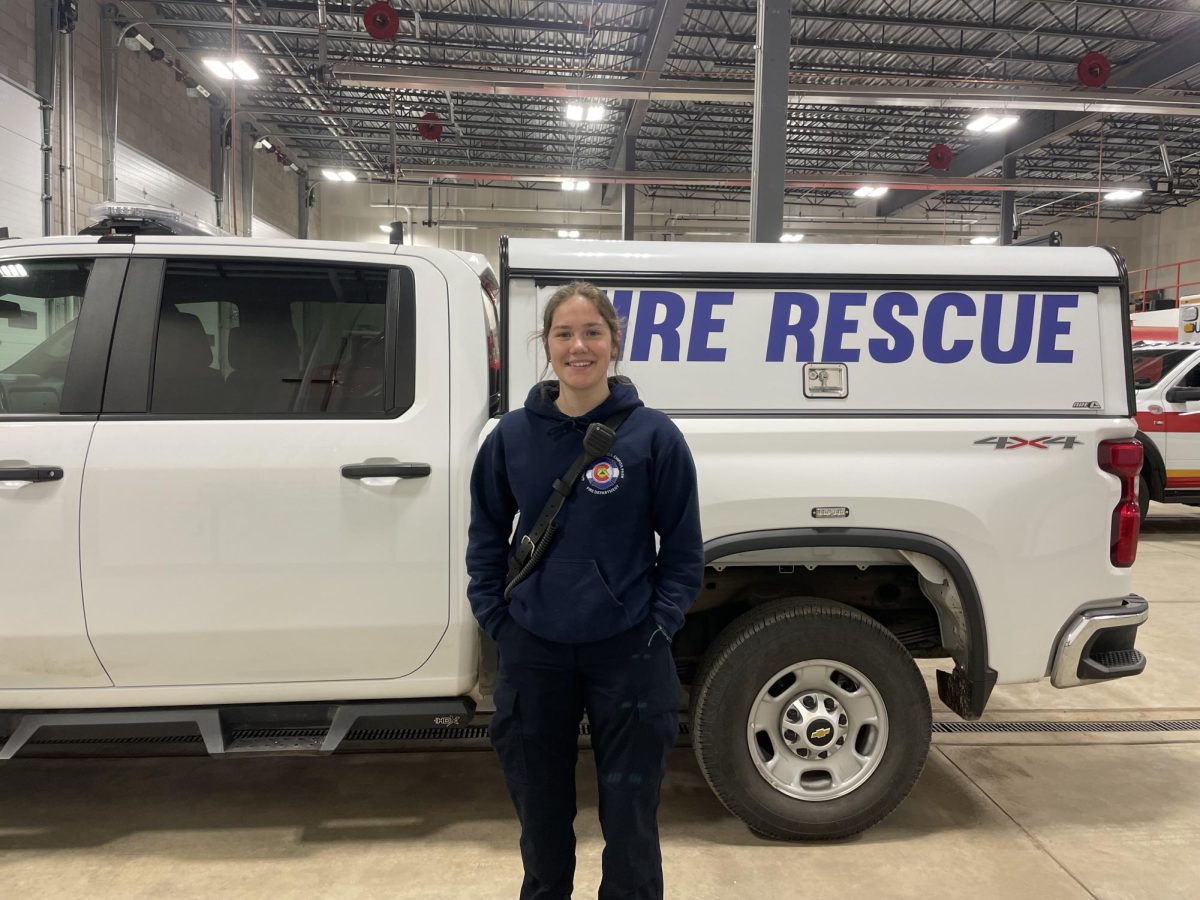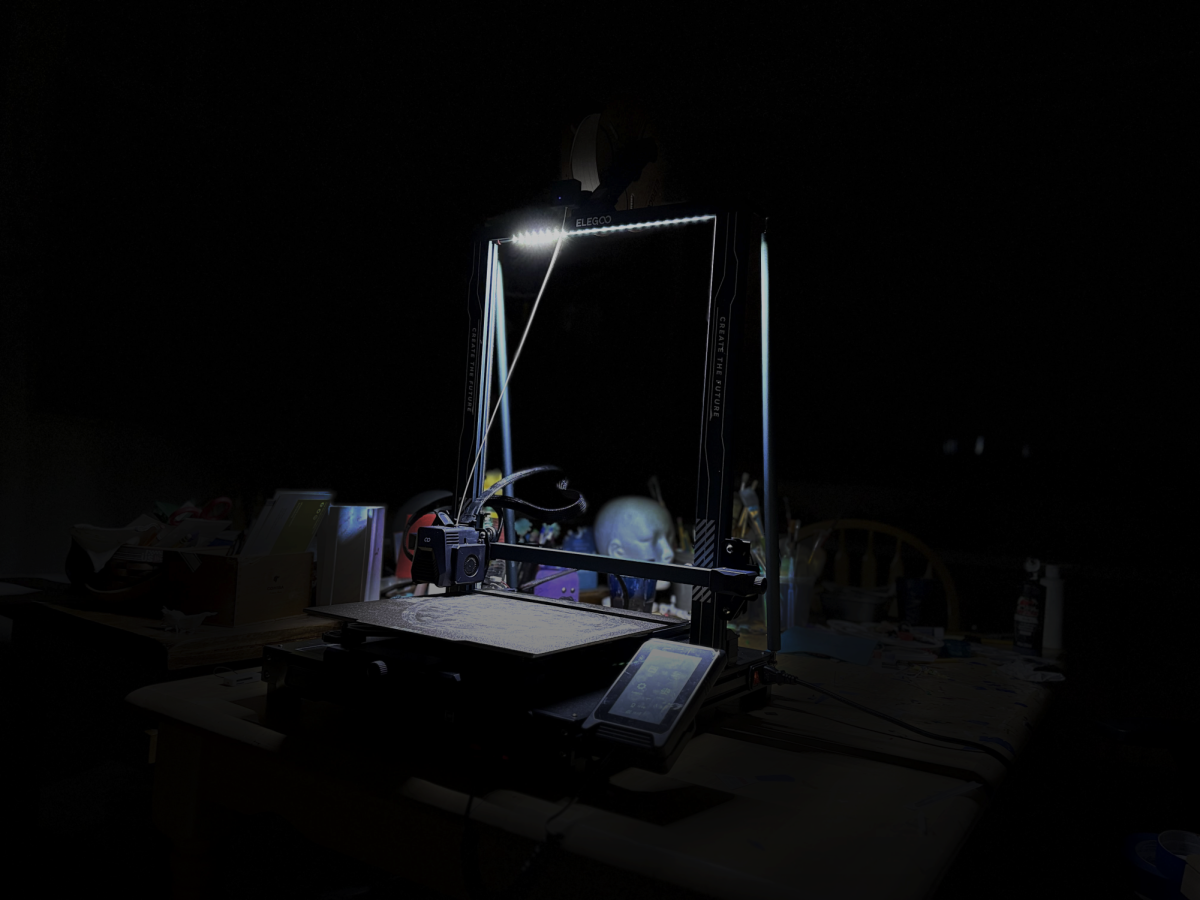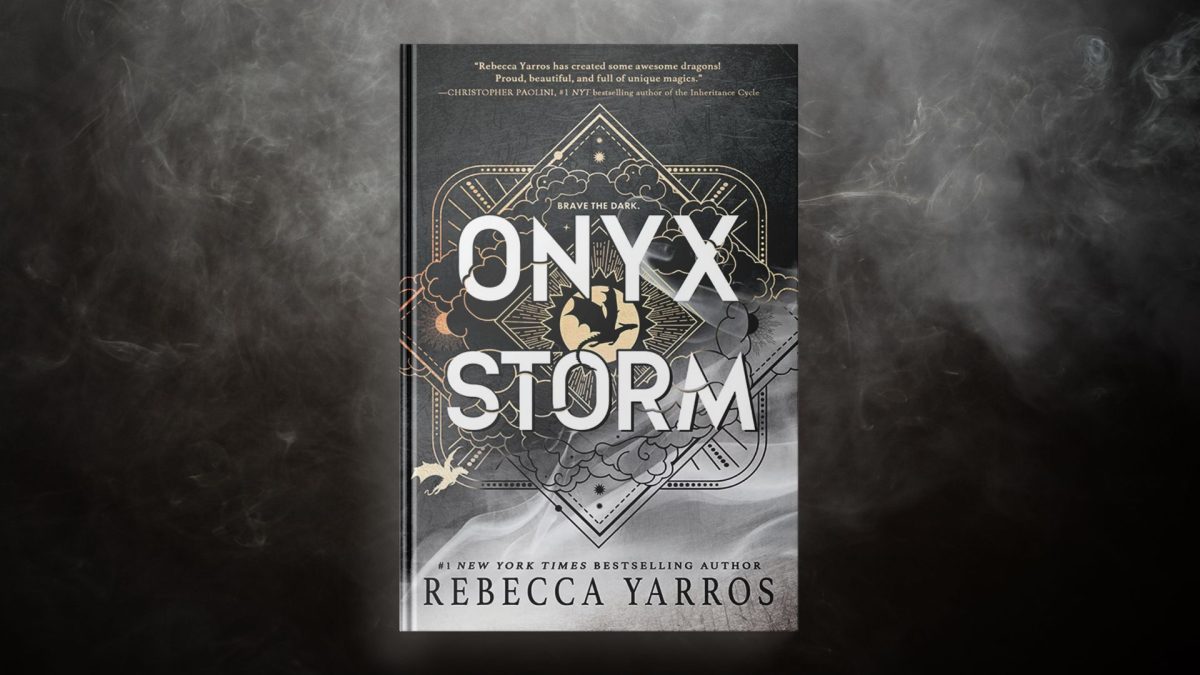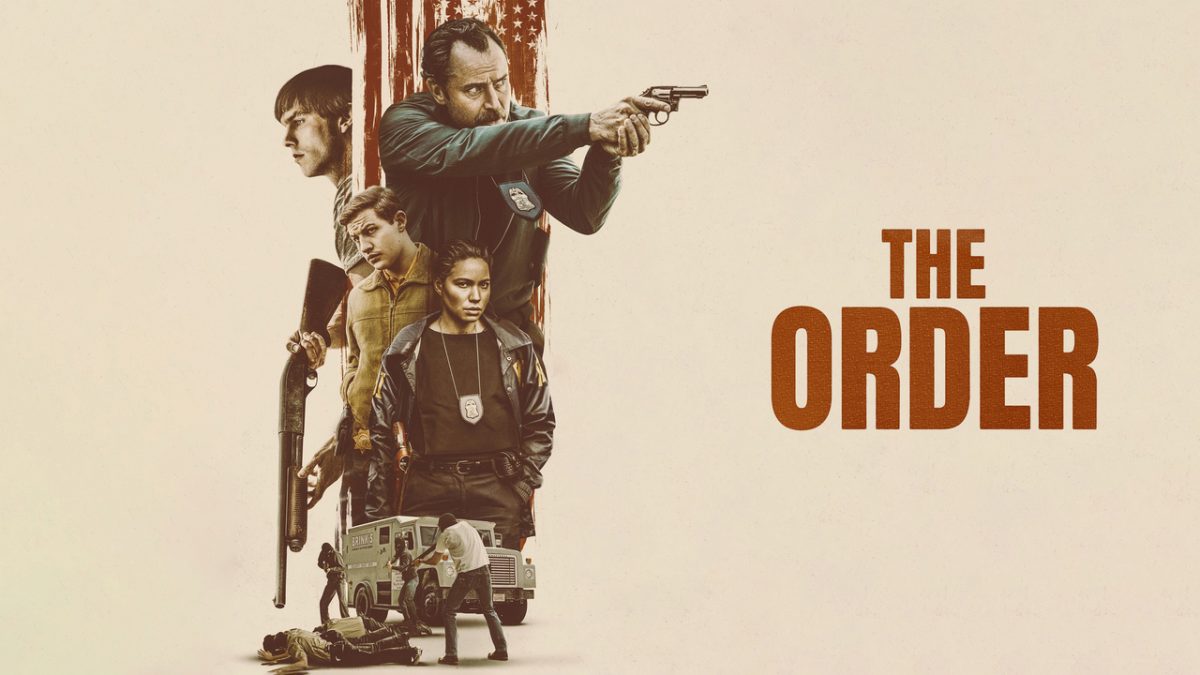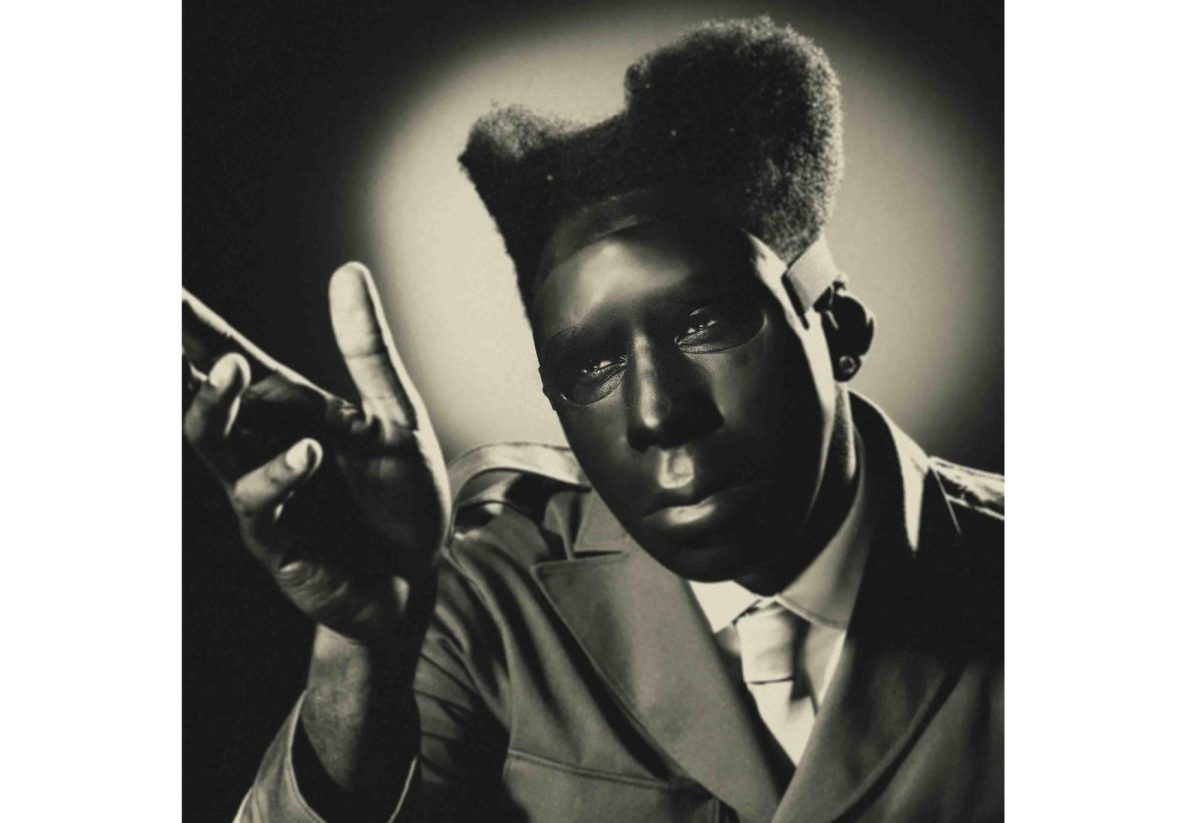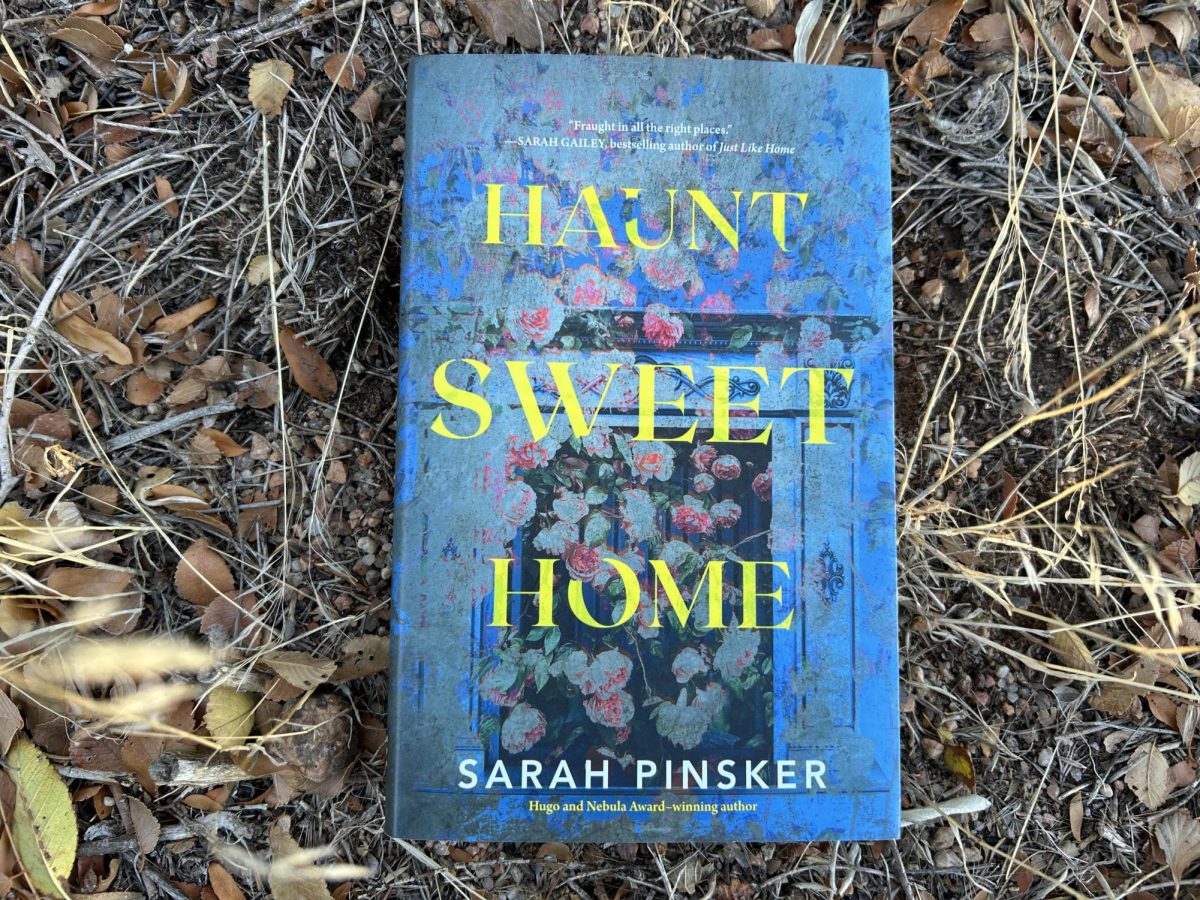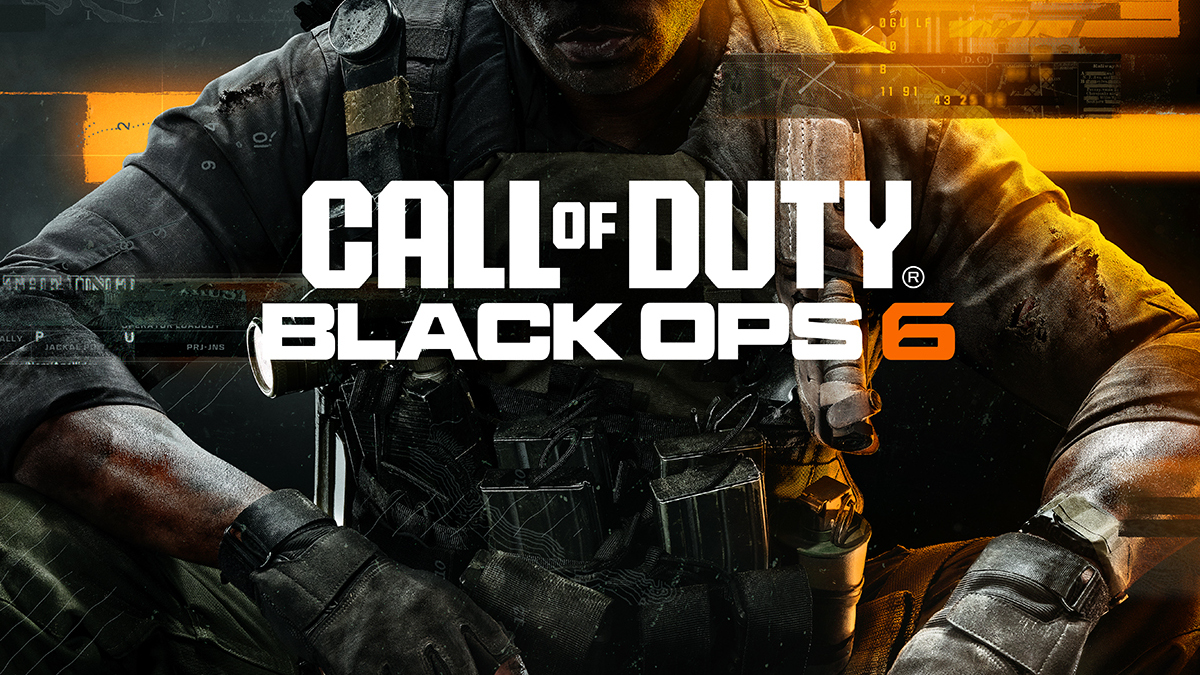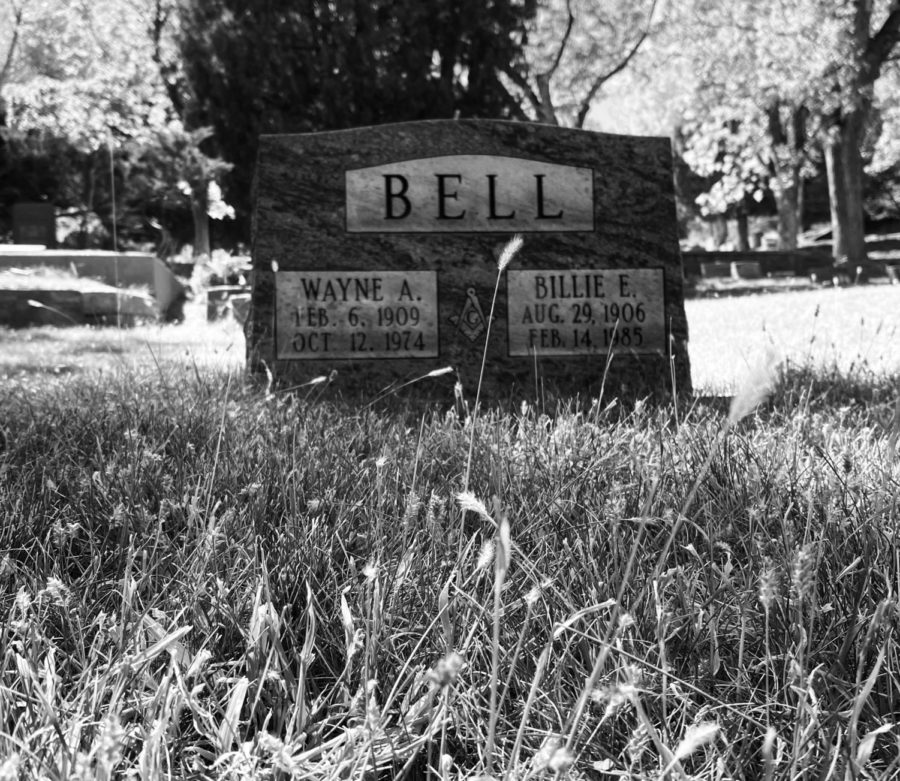Poll reveals that there is no correlation between after life opinions and childhood upbringing
Does childhood upbringing have anything to do with people’s opinions on where we go when we die?
Headstone of Wayne A. Bell (1909-1974), and Billie E. Bill (1906-1985), at the Crystal Valley Cemetery in Manitou Springs, CO.
October 4, 2021
Is there a connection between social upbringings, and where people believe we go when we die? Short answer, no. Simple answer, not at all.
Although, if this topic was surveyed through a larger number of people, I do think that there may be a trend that shows through. As imaginable, when people were first asked where we go when we die, they seemed a bit taken back. But after some thought, they did have educated and passionate answers.
One trend that was seen through the whole thing was that people aged above 40 were a lot quicker to answer all the questions, and did end up having the most educated answers.
To begin, all participants were asked three questions. First, where they think we (humans) go when we die. Followed by if they are religious or not. After these answers had been provided, participants placed a checkmark on a scale of 1-5 asking how they would rate their overall childhood.
So, then it comes down to getting, averaging, and making all statistics able to understand.
Here’s how the ratings were explained; 1 – very bad, 2 – bad, 3 – average, 4 – good, 5 – very good. These numbers were vague, but they were left intentionally up to interpretation as growing up is taken differently, and can be very situational.
For the first question, which is the least personal, but probably the hardest to answer, the statistics come to around 25% for each answer. The exact numbers are; 31% say that they don’t know, 24.1% answer that humans go nowhere, 24.1% have some sort of spiritual ideation, and 20.7% of people think we go to heaven/hell.
As suspected, people answered this many different ways, when averaged, it was surprising to see that it was actually pretty evenly distributed between answers.
After hearing the first question, they were asked if they were religious or not. Which came out with a lot of personal answers as one could imagine, but most of the answers are what would be estimated based on the results of the first question.
For simplicity, some of the answers were combined. So, the unsure and nowhere categories of where we go when we die, will end up making up 42.8% of the vote on if they are religious or not, with the answer no or they didn’t know. 0% of these people said that they are in fact religious.
Continuing in the religion question, the number of people who are religious all together being 19.6%, all of which said that they believe in heaven and hell, except one, making up the 1.4% who don’t practice religion while still believing in heaven and hell. Lastly, the spiritual ideation answers were asked the same question. None of which answered that they were religious, but 21.4% answered that they were spiritual, while the other 14.3% answered that they are not spiritual or religious.
So, after discussing all the statistics, one question was left, how was each of these people’s childhood? People who rated 4-5 on the scale, make up 71.3% of the entire vote. Which is where the conclusion was come to, that there isn’t a correlation, at least among this group of people.
The one thing that did end up being something was the people who rated their childhood a 1. All of those who answered 1 on the childhood scale, do not identify as religious, and have decided that after death, we’re just gone, or they have a spiritual idea.
All in all, this was a fun experiment and a great learning opportunity; but from what is seen here, and through all of the interviews, the conclusion for now is that there is no correlation between childhood upbringing and where people think we go when we die.

